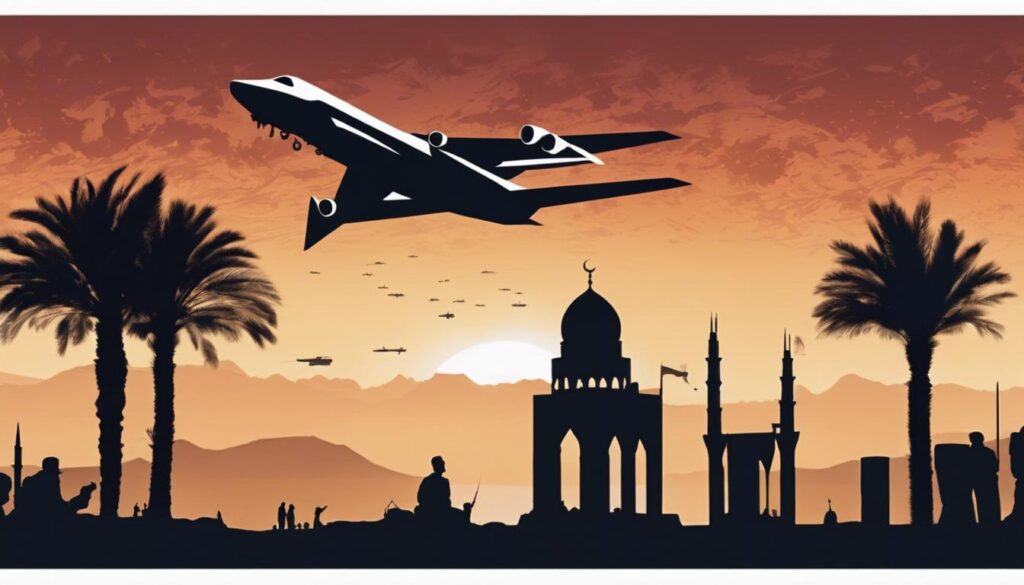Recent tensions in the Middle East have intensified with missile and drone exchanges between Iran and Israel, while the US has vetoed a UN resolution aiming to recognize Palestine as a full member state, contributing to a complex geopolitical scenario.
Recent events in the Middle East have seen escalating tensions between Iran and Israel, culminating in a series of missile and drone attacks by Iran followed by Israeli retaliation. This escalation has prompted varied responses from Gulf states, with significant implications for regional stability. Analysts, including Hugh Lovatt from the European Council on Foreign Relations, suggest that the decisions Gulf states make in response to this crisis will be pivotal.
Meanwhile, the United States vetoed a United Nations Security Council resolution that would have recognized Palestine as a full member state. The decision came despite broad support for the resolution, with 12 votes in favor and two abstentions. The U.S. insists that Palestinian statehood should result from direct negotiations with Israel, although Palestine currently holds a non-member observer status at the UN, a status granted in 2012.
In a broader regional context, the conflict between Iran and Israel has also influenced the relationships among Arab states. The aggressive response from Iran, contrary to Israel’s belief that Tehran did not want a full-scale conflict, has underscored the strategic misjudgments in the region. Arab countries, including Saudi Arabia, UAE, and Qatar, are unifying over concerns regarding Iran’s actions, despite the overarching issue of Palestinian rights remaining a key concern, highlighted by countries like Jordan.
These developments indicate a complex web of diplomatic and military maneuvering in the Middle East, with Gulf states and other regional powers navigating a landscape shaped by the dual pressures of Iran-Israel hostilities and the unresolved Palestinian question.


